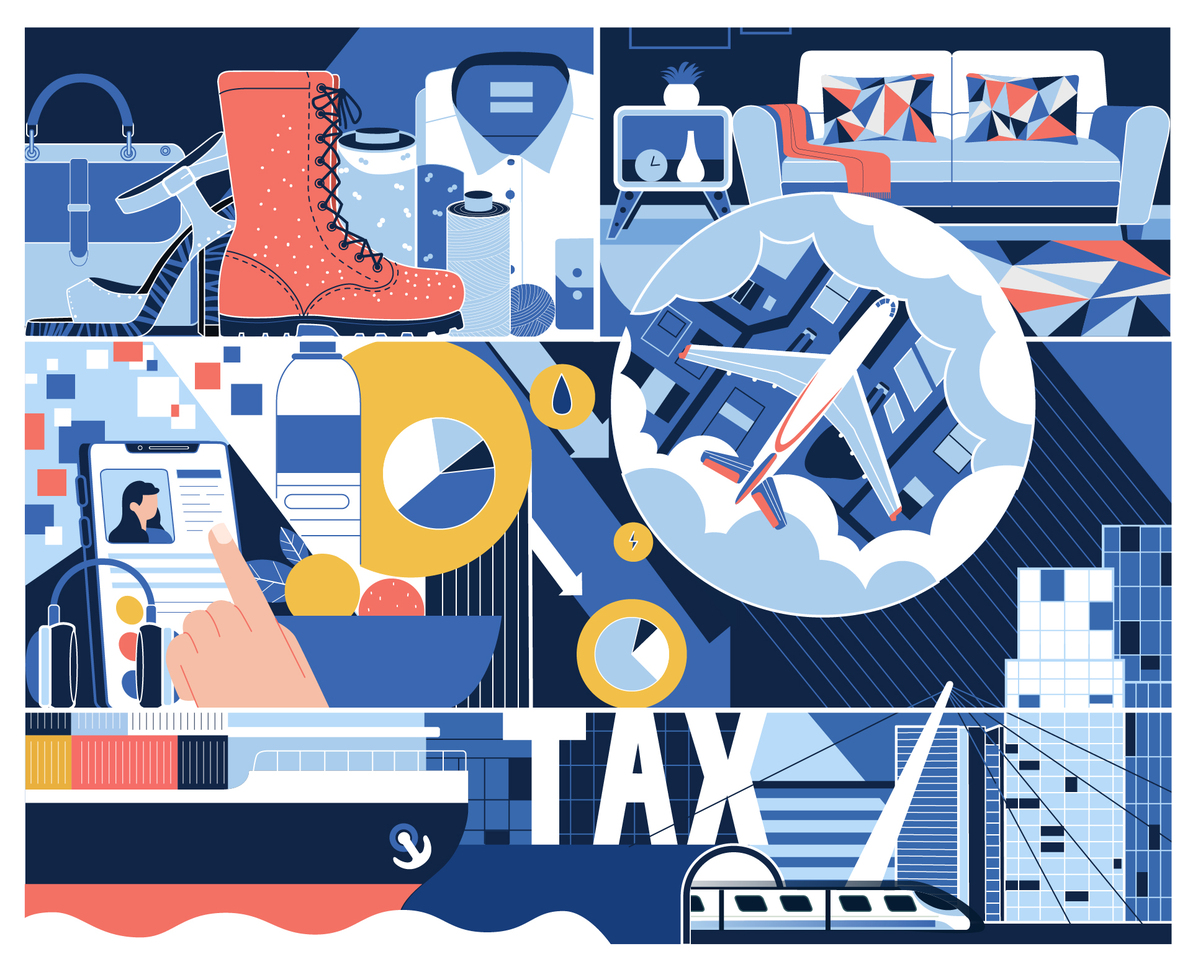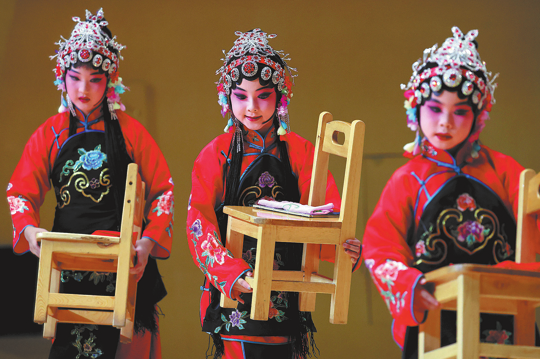Cabinet pledges support for foreign trade


Aid to help labor-intensive exporters ride out impact of COVID-19 pandemic
The State Council has pledged stronger support to foreign trade companies, especially smaller ones and labor-intensive businesses, as the country scales up efforts to mitigate disruptions to global trade from the COVID-19 pandemic.
Key policies include further amplifying the role of export credit insurance to shield exporters against the risks of orders being canceled and guiding financial institutions to bolster credit support to smaller foreign trade companies.
They were part of 15 measures unveiled in a document released by the General Office of the State Council on Aug 12 to stabilize foreign trade and investment.
In the document, the Cabinet vowed to offer more aid to the country's labor-intensive exporters, including those in the textile, clothing, plastic products, furniture, toy and consumer electronics sectors, without specifying what the measures would be.
The value of China's imports and exports totaled 31.5 trillion yuan ($4.6 trillion) last year, and its mammoth foreign trade sector employed 180 million people, according to the Ministry of Commerce.
The country's foreign trade has beaten market expectations since April, with exports growing for four consecutive months. Exports were up 10.4 percent year-on-year last month, while imports rose 1.6 percent, according to the General Administration of Customs.
However, Ren Hongbin, assistant minister of commerce, has warned of an even more complex and challenging foreign trade environment in the second half of the year, with the pandemic still raging worldwide and global economic contraction hitting demand from overseas.

In a recent survey of businesses the ministry found that insufficient orders, impeded logistics, financing difficulties and unstable industry and supply chains are prominent factors troubling foreign trade businesses, Ren said.
A report released by the World Trade Organization earlier this month said travel restrictions and border closures imposed by countries could account for a substantial increase in trade costs, with considerable delays in international maritime and land transport.
"Many governments are trying to do as much as possible to keep trade flowing, but in some regions, travel restrictions have the potential to disrupt regional trade and livelihoods severely," the report said.
In the latest document, the Cabinet said it will come up with a list of key foreign trade businesses and help them solve operational problems. Authorities will further ease customs clearance and widen market access for imported oil, oil seeds, meat and dairy products, the document said.
Chen Geng, chairman of Fashion Flying Group, an outdoor garment maker based in Fuzhou, Fujian province, said orders dropped by 50 percent in the first half of the year but Europe, its main market, was now on the road of recovery.
"The largest challenge we are facing is the lack of orders," he said. "Even though we are running below our production capacity, we had to subsidize our workers to ensure their income."
Chen said labor costs accounted for 30 percent of the company's expenses, and the subsidies had added to the pressure.
Under a government relief package issued this year, the company has been exempted from paying part of its contributions to social security funds and unemployment and occupational injury insurance until the end of the year. The government has offered the company 2.39 million yuan in subsidies to stabilize employment.
"The government's support came when we needed it most," Chen said, adding that he looked forward to more aid packages to help major trading businesses survive the challenging period.
Wu Jianneng, chairman of Your Like Power (Fuzhou), an exporter of power generators, said that in the first eight months of the year its exports were worth 15 million yuan, compared with 35 million yuan for all of last year.
He said he is concerned that without sufficient support from the authorities, the company's supply chains could be cut in the face of the global downturn in trade.
"We hope that the government can provide higher subsidies for high-tech companies purchasing equipment, and offer higher appraisals of the value of factories as we try to obtain bank loans," Wu said.
- Beijing accelerates renovation of old residential buildings
- Guangzhou optimizes rail services for 15th National Games, Paralympics
- New sci-tech innovation platforms launched in Xinjiang
- Thai students document Wuhan life in photo contest
- Basha Miao village glows in early winter's embrace
- Fengxian achieves leapfrog economic growth through new drivers




































